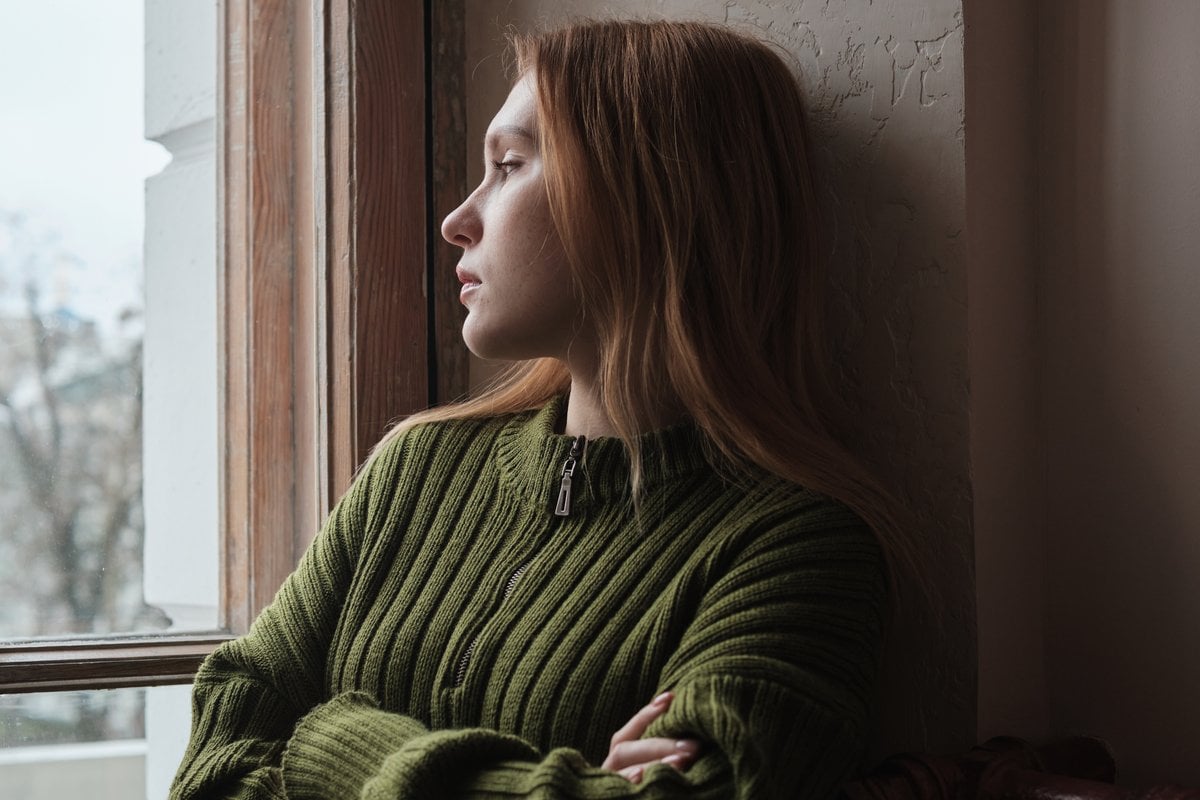
Kelly* and her husband had been having marriage problems for years before they decided to see a relationship counsellor.
"We seemed to be on different paths," she says. Their interests were becoming vastly different, and they both worked for the family business, which put a strain on their marriage. But according to Kelly, it was always up to her to compromise her own needs in order to meet his.
He travelled a lot for work, but refused to fly, so long drives meant more time away, leaving Kelly to raise the children by herself.
"I just made sure I was there for them, as he wasn't a hands-on parent."
Watch: Black Cat And Golden Retriever Theory In Relationships. Article continues below.
With Kelly near breaking point, she knew they needed help. But her husband refused to see anyone other than the counsellor he'd been seeing for his anxiety.
"I did not have a say in the choice of counsellor, essentially I was forced into who he wanted."
From the very first session, Kelly felt as though her views were being dismissed. Instead, she felt like she was there to learn how to behave better for her husband.

